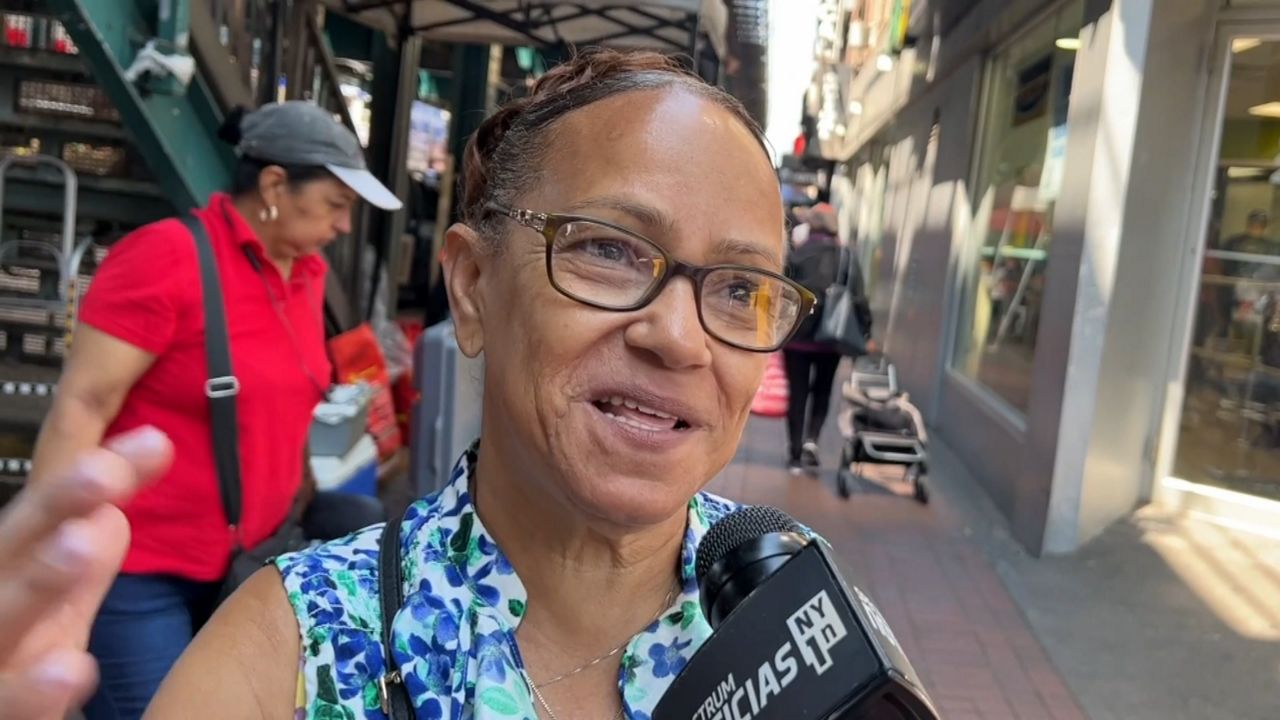Both on the streets of Jackson Heights and in its businesses and even at the train station, few people follow the recommendations of the New York City Department of Health to wear masks in closed places due to the increase in Covid cases.
Carmen Guava is one of them.
“I released that in the band, because I already got vaccinated and I feel sure that the coronavirus is already going to be a thing of the past,” said Carmen.
IT MAY INTEREST YOU:
To help slow the spread, the city’s Health department recommended late last week that “all New Yorkers should wear a high-quality mask, such as an N95, indoors and outdoors where crowds are moving.”
However, we noticed that in addition to the streets, in a station between Junction Boulevard and Roosevelt Avenue, few wore masks, as they say they do so because it is no longer mandatory.
“Of 15 people who come in the car that I came in, only four or five people had masks,” said Jazmin Meneses.
In Jackson Heights, 304 cases of covid were reported in the last seven days, according to data from the Health Department.
It is a neighborhood with a population of 60,000 inhabitants, of whom a third tested positive at some point during the pandemic, and where there were 430 deaths.
It now has a higher percentage than all of Queens of people who received at least one vaccine.
Despite this, we found residents who told us that they only remove their mask only when they get home.
“Because you have to better say, take care of yourself,” said Mariano Loja.
In an establishment, the area is mandatory for employees to wear masks, even if customers do not respect the rule.
“If the authorities still don’t say it’s mandatory again, then people kind of don’t take any of it seriously,” said Julissa Torres.
Meanwhile, local doctors ask New Yorkers to follow the recommendations and wear masks to avoid long-term illness.
“Even if Covid doesn’t kill you, it can cause long-term consequences such as lung problems, worse asthma and maybe other diseases that we can’t even think about,” said Dr. Miriam Vega.
–


